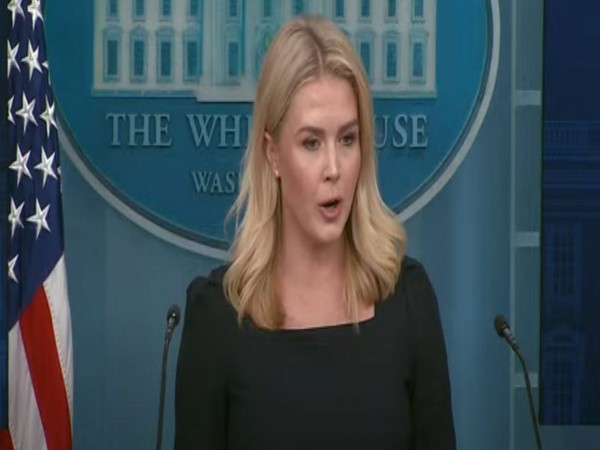"India is at the 'centre of global energy affairs' today..." says IEA Chief Fatih Birol
Jun 14, 2023

By Ayushi Agarwal
New Delhi [India], June 14 : Highlighting the significant role of India in global energy affairs, Fatih Birol, the Executive Director of the International Energy Alliance (IEA), emphasized that India holds a central position and is a major player in the field of solar energy.
Birol said that under its G20 Presidency, India has a big responsibility as a leader of the Global South in addressing climate change.
"I come to India almost every year, sometimes two or three times a year. But I remember that six years ago, I released a major report here with the ministers, on India's energy outlook and six years ago as a result of our analysis, I said that 'India is set to be a centre of global energy affairs', and today I can tell you that after six years, it is the centre of the global energy affairs," Fatih Birol told ANI.
He added that "growth potential in terms of energy demand, growth potential in terms of renewables and also green hydrogen, I think India will be at the centre of global energy affairs".
Birol also emphasized the importance of India persuading rich countries, advanced economies, and international financial institutions to facilitate clean energy investment in developing countries to facilitate their clean energy transition to renewables.
While delivering his remarks here on "India's Role in the Future of Energy", Birol also said that the new clean energy economy is emerging globally faster than anticipated and that the global investment is more directed towards solar compared to oil production.
"India has a big responsibility this year as G20 president and as a leader of the Global South. regarding climate change, it should be at the centre of the G20 negotiations," Birol added.
The event, attended by Hardeep Singh Puri, Minister of Petroleum and Natural Gas, Housing and Urban Affairs, Amitabh Kant, G20 Sherpa highlighted the progress India has made in its energy transition, ranging from renewables, energy storage, e-mobility, biofuels and green hydrogen, and the potential to push it further in achieving India's net zero targets by 2070.



















